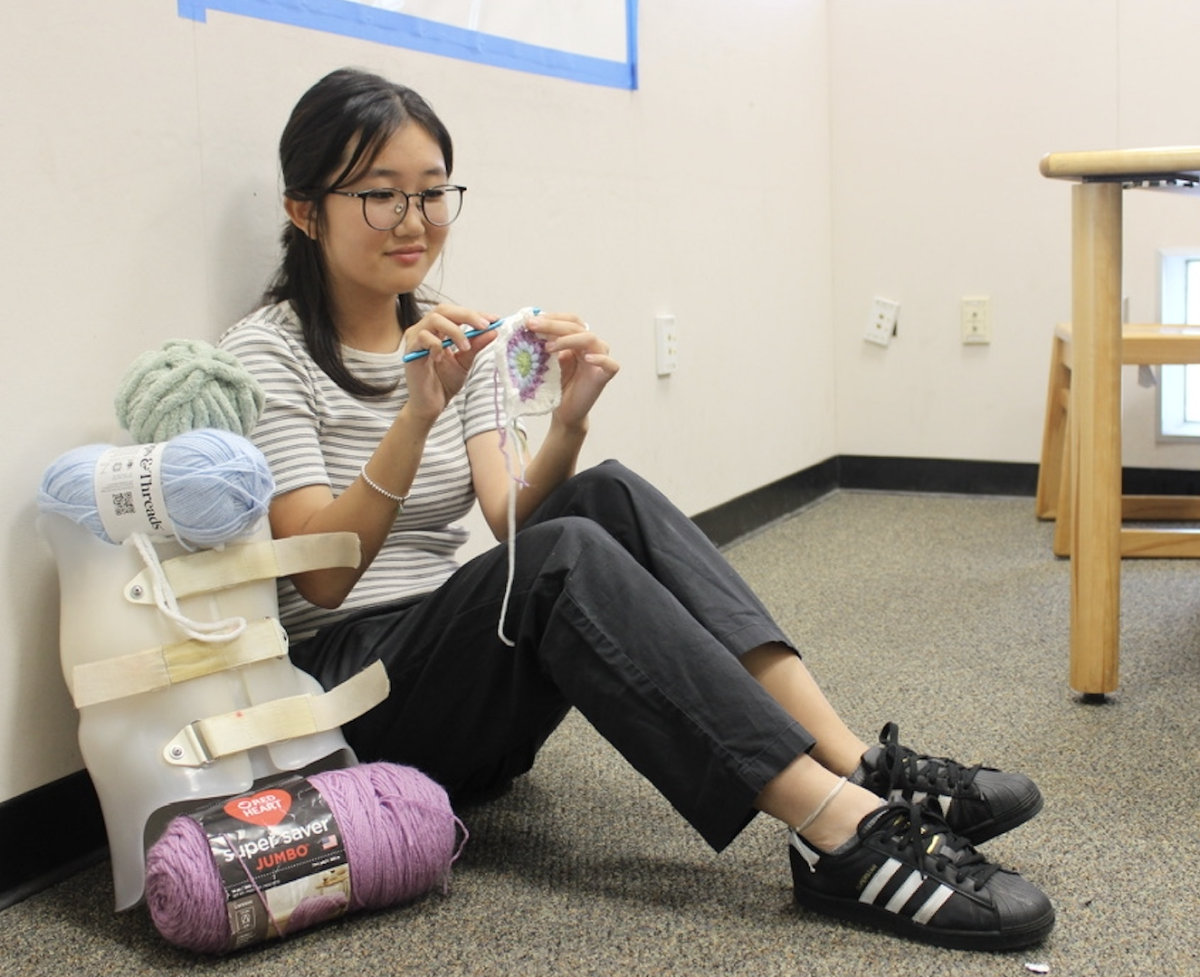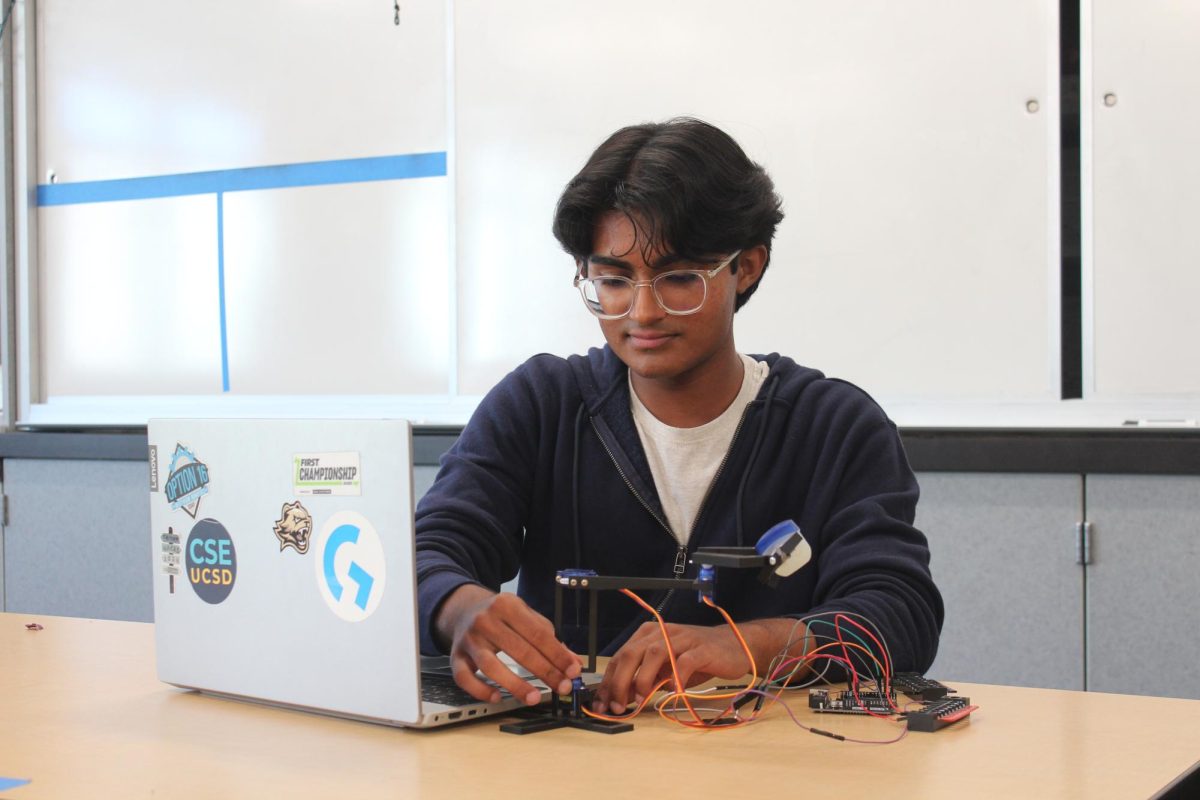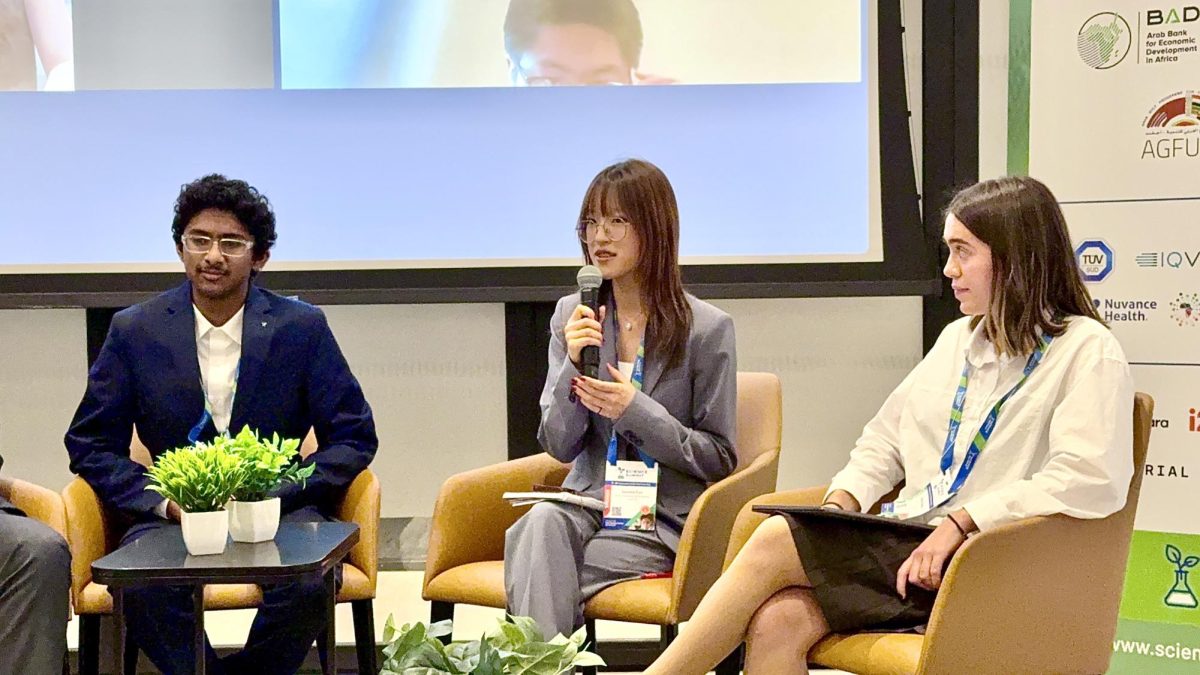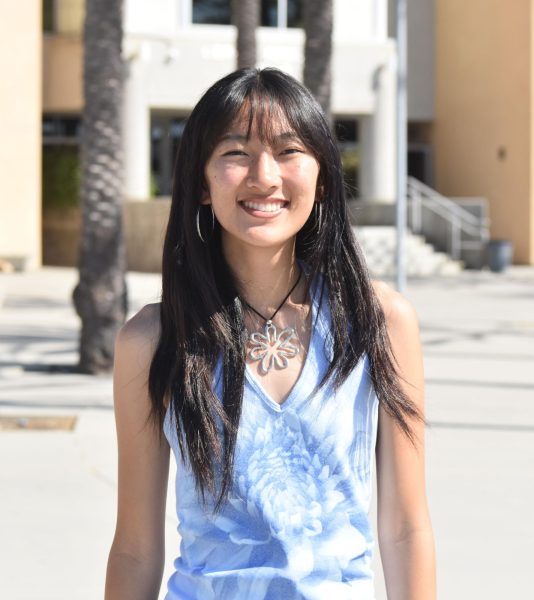While the earliest days of last summer transitioned many busy school lives to a period of rest and relaxation, Allan Fang (11) and Trevor Chen (11) were restless. Project Binary Coding, the non-profit organization that they had co-founded, was finally up and running with online classes teaching computer programming. Fang and Chen had already dedicated three months prior to June to developing a passion project focused on teaching computer programming lessons. Once the summer began, the pair held weekly classes with students along with a crew of basic level, game-design level, and advanced level tutors.
Fang’s passion for coding first began in the COVID-19 lockdown while Chen’s started much later. In his sophomore year, Chen took the Harvard CS50 course, an entry level computer science course and grew his knowledge from there with even more courses and different online communities. Since both of their founding moments of a passion in computer programming, Fang and Chen have since participated in coding competitions in the United States of America Computing Olympiad (USACO), widely known as one of the best national and pre-college level computer programming competitions.
“Because we both had had experience in USACO, we really wanted to teach people that were at that advanced level up to this USACO level or at least give them a direction to go in” Fang said.
The main mission of Project Binary began as a way to offer free coding classes to kids in their community, but as the project expanded, Fang said their target audience did as well.
“We started it as [a way to] help the community because [students] obviously don’t have a direct path to USACO so we’re trying to help them [and] guide them through,” Fang said. “[More recently our goal] is to help spread [our program] to people who might not have access to computers and we’re trying to provide computers to them to show coding at the same time. It’s just overall trying to spread coding around our community and help mentors interacting with one another from different schools and then helping the kids and people who need it.”
Project Binary originally took shape as a two-person project, but when Fang and Chen cast a net to look for help, they quickly turned into a 21 member team. Following this development, Fang said they planned to maximize each person’s skill set.
“At the start, there were the two of us and because it was a new non-profit, we began looking to see who could help us, who had different abilities and different skill sets to contribute to [Project Binary],” Fang said. “We were generally just accepting anybody that [was interested] and as the school year starts we’re trying to move forward and [continue] to use each person’s ability to the best.”
Since June and the recruitment of a full team, Saturday Zoom classes have been held weekly with each session carefully crafted to be both interactive and individually-focused, inspiring the students to engage with their learning.
“We have a few different tutors per session and we split up each tutor with a small group of students so they can have more one-on-one guidance,” Chen said. “They can also answer questions that cater to their small group of people. It is really interactive since the students code along while we guide them through it.”
Kyle Zheng (11), one of the Project Binary’s basic level tutors, said there are a variety of activities they teach the kids.
“We usually assign coding assignments [and] exercises on the basic concepts we learn during our basic coding class,” Zheng said. “Sometimes we make simple games or programs to utilize the coding that they learned. We’ve [made] calculators, hangman, that sort of stuff.”
As one of the game design level tutors, Nathan Xie (11) got to see the growth of each student’s skill sets.
“They started off with some basic code and then we helped them add the different features and functionalities. Some kids didn’t know any basics of Java at the beginning but as more and more lessons passed they began to understand more and more things. And towards the end they were able to code their own little version of pong themselves.”
Zheng said that seeing the students understand and succeed in the activities was really rewarding.
“We worked with maybe around 30 kids over the summer, and [for me] personally, seeing their progress and growth was really inspiring,” Zheng said. “The ‘aha moment’ when kids get a concept that you’re teaching is just so rewarding and when they finally get the concept or finish their project, it’s heartwarming.”
Despite his position as a mentor and experienced individual in coding, Fang said that he learned and grew just as much as his students during the project.
“Throughout this project I was actually able to get my first teaching experience,” Fang said. “It was a really good step for me to become more social, be more talkative, [on top of] practicing my skills.”
Since the project started, Chen said he’s felt more involved with influencing his community.
“For me, it’s daunting to start something new and try to create something [like a nonprofit],” Chen said. “If you want to [make a difference] you should do it. We all have the resources and capabilities to.”






